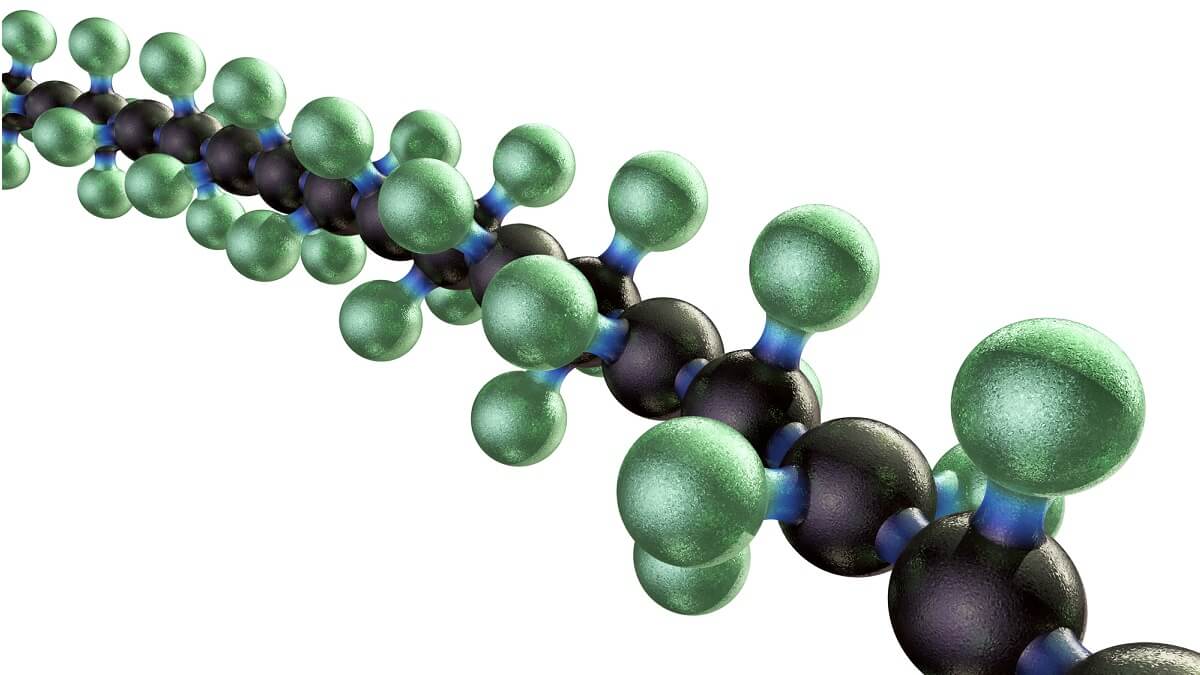Exploring the Varied Applications and Advantages of Polymers in Different Industries
Polymers, with their diverse array of homes and performances, have come to be indispensable in different industries, each enjoying special benefits from their application. Polymers. From boosting safety and performance in the automobile industry to revolutionizing clinical devices in the medical care industry, polymers play a pivotal function. Their green nature is altering the landscape of sustainability methods. As we dig into the midsts of polymers in electronics, we discover sophisticated technologies, while their structural stability changes the realm of building and facilities. The prevalent impact of polymers throughout markets is a testament to their versatility and adaptability, shaping the future of plenty of sectors.
Automotive Industry Applications
Polymers play a crucial duty in improving the performance and toughness of various components within the auto industry. These versatile products are extensively utilized in the production of different parts, varying from interior elements to under-the-hood applications. One famous use polymers in the vehicle sector is in the manufacturing of light-weight components. By replacing standard steel get rid of polymer-based options, lorries can attain improved fuel performance without jeopardizing on toughness or safety.

Health Care Industry Benefits
In numerous medical care applications, the advantages of making use of polymers are extensively identified for their varied series of helpful residential or commercial properties. Polymers play an important role in the medical care sector as a result of their versatility, biocompatibility, and cost-effectiveness. One of the primary advantages of polymers in medical care is their ability to be tailored to certain demands, such as adaptability, toughness, and biodegradability, making them perfect for a variety of medical applications.
Polymer-based materials are thoroughly utilized in clinical tools, such as catheters, implants, prosthetics, and medication delivery systems, because of their biocompatibility and capacity to mimic natural tissues. These materials can reduce the threat of allergic responses or rejections, boosting individual safety and results. Additionally, polymers are light-weight, making them appropriate for wearable clinical devices and ensuring person comfort.
In addition, polymers allow the advancement of innovative therapy methods, such as hydrogels for cells design and nanocomposites for targeted medication shipment. Their ease of processing and sanitation makes them vital for preserving high criteria of health in medical care settings. Overall, the varied benefits Learn More Here of polymers contribute considerably to developments in clinical technology and individual care.
Environmental Advantages of Polymers

Additionally, polymers can add to power financial savings as a result of their light-weight nature. In sectors such as transport, lightweight polymer materials can assist decrease gas intake and greenhouse gas emissions. In addition, polymers can allow the development of energy-efficient items such as insulation products that enhance power conservation in structures.
In addition, polymers play an important function in minimizing water contamination. As an example, using polymer-based filtering systems can properly eliminate contaminants and impurities from wastewater, securing water resources and communities. In general, the ecological benefits of polymers make them important assets in advertising sustainability and eco-friendly techniques across various sectors.
Polymers in Electronic Devices and Modern Technology
Thinking about the enhancing demand for ingenious and lasting services in contemporary sectors, the integration of advanced polymer technologies read here in the realm of electronics and technology has actually arised as an essential technique for driving efficiency and performance. Polymers have actually revolutionized the electronic devices market by allowing the production of lighter, extra flexible, and durable digital devices. From smart devices to clinical devices, polymers play an important role in improving item design and capability.
One significant advantage of polymers in electronics is their insulating residential or commercial properties, which assist secure fragile digital components from environmental factors and electric interference. Furthermore, polymers are vital in the growth of versatile display screens, wearable technology, and published electronics, using endless opportunities for developing wise and interconnected devices.
Furthermore, the usage of polymers in electronic packaging has brought about improvements in miniaturization and thermal monitoring, improving the total performance and reliability visit their website of electronic systems. As innovation proceeds to progress, the adaptability and adaptability of polymers will certainly drive further advancement in the electronic devices market, shaping the future of modern technology.
Duty of Polymers in Construction and Framework
The assimilation of sophisticated polymer products in construction and infrastructure jobs has actually reinvented the means structures are made and constructed in modern-day times. Polymers use numerous benefits in the building sector because of their versatility, toughness, and cost-effectiveness. One essential function of polymers in construction is their usage in coatings and sealers, supplying protection against environmental elements such as moisture, UV radiation, and deterioration. In addition, polymers are made use of in the manufacturing of light-weight and high-strength composite products, enhancing the architectural honesty of structures while lowering total weight.
Moreover, polymers play a vital function in lasting construction techniques by enabling the development of energy-efficient structures. Protecting products made from polymers aid regulate interior temperature levels, decreasing the requirement for home heating and cooling down systems and inevitably decreasing energy consumption - Polymers.
Conclusion
In final thought, polymers play a crucial duty in numerous markets such as automobile, healthcare, ecological, electronic devices, and construction. From improving gas effectiveness in cars to boosting clinical devices, polymers use many benefits.